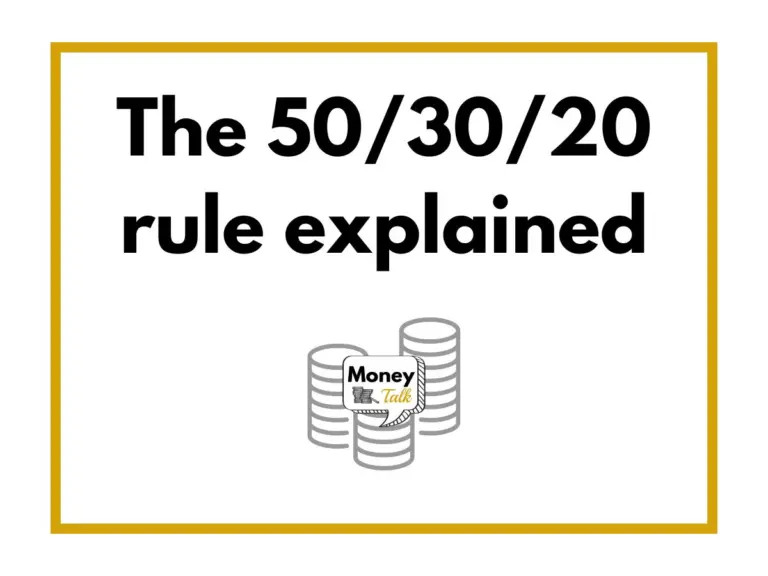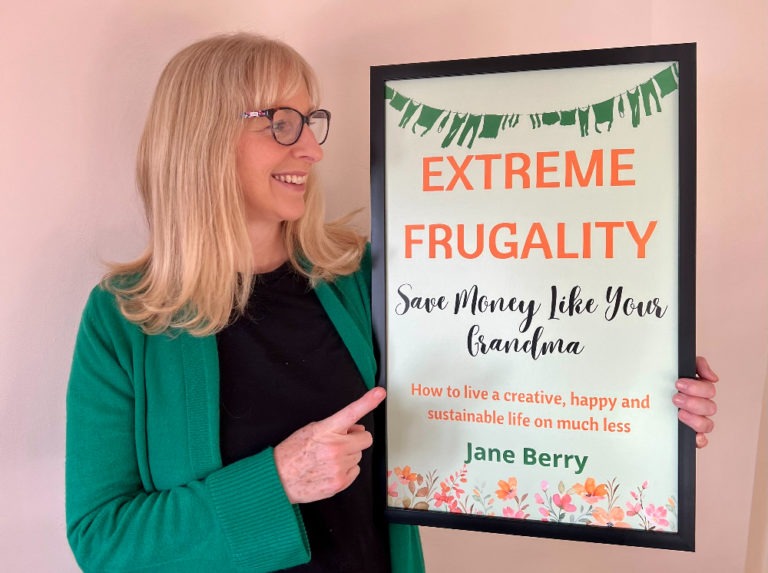How to choose a financial adviser
Money Talk is intended to inform and educate; it's not financial advice. Affiliate links, including from Amazon, are used to help fund the site. If you make a purchase via a link marked with an *, Money Talk might receive a commission at no cost to you. Find out more here.
Experts often recommend talking to a financial adviser when you have a specific financial issue you want to address.
But they come in so many different guises and can help with so many different things, from pensions to investments, that it can be difficult to work out what they can help you with.
With that in mind, here are some of the ways a financial adviser can help you – and some of the questions you might want to ask when choosing one to suit your needs.
What is a financial adviser?
A financial adviser is someone who’s legally allowed to give you financial advice, rather than just general guidance.
They will assess your situation, and give tailored advice based on your specific circumstances and needs.
If you follow their advice and things go wrong, you may be entitled to legal redress and even compensation.
But if it’s simply guidance – that is, someone presenting a range of different options for your information – they generally aren’t liable for any damages if you make a financial decision off the back of that and lose a large sum of money.
Different types of financial advisers
In the UK, financial advisers have to be approved or authorised by the Financial Conduct Authority (FCA).
In order to become approved, a financial adviser will need to fit specific criteria (such as having certain qualifications), comply with a code of conduct, and understand any relevant rules and regulations, including reporting obligations when things go wrong.
And to become authorised, there are additional compliance and reporting obligations.
Although a financial adviser can legally offer you advice whether they’re approved or authorised, their status might determine what additional services they can offer.
An authorised firm might be able to sell you a specific product as a broker, for example.
On top of that, there are also two types of financial advisers.
Independent financial advisers can consider all the products out there and give you unbiased advice based on your situation.
There are also restricted financial advisers that will only recommend a selected range of products or services from a small number of providers.
What can a financial adviser help you with?
The key benefit of a financial adviser is that they can look at your specific situation and your needs and wants and tailor their advice based on that.
Their advice should help you make the most of the money you have, and this should change as your financial situation and outlook changes.
They will also be able to help you navigate any tax or regulation changes.
According to Simon Goldthorpe, joint executive chairman of Beaufort Group, there are a few key areas where they can be particularly helpful.
Tax planning
Goldthorpe explained: “Tax planning is a catch-all term that describes several activities but, first and foremost, a good financial adviser will work with you to ensure you’ve made the most of all your personal allowances.
“This includes everything from ISA limits, to pension contributions and dividend allowances, as well as longer term considerations such as inheritance tax (IHT) planning.
“IHT is a booming tax that ensnares more and more households every year. While ultimately not ‘avoidable’, there are a series of allowances such as gifting and seven-year limits that let you give away wealth tax free.
“Where a financial adviser comes in is through careful forecasting and management of your income and outgoings. They will help you project how much you’ll need at any given age – which is absolutely key to understanding how much you can give away early.”
Investments
Goldthorpe said: “A core aspect of the financial advice process is exploring different investments that could help people grow their wealth.
“With inflation so high, our money has to work harder to grow in value or return an income that stays ahead of rising prices.
“A financial adviser will be able to help you understand how you might be able to protect and grow your savings through the stock market, bonds, and / or other financial assets.”
Pensions
They can also help with pensions, especially when you reach the stage where you’re ready to withdraw all the money you’ve saved.
But they might also be able to help you set up and maintain a SIPP.
Read this: All you need to know about SIPP (self-invested personal pension)
How to pick a financial adviser
Obviously you’ll want someone who’s qualified to give you financial advice and the FCA has a register for these – you can search the database here.
If the individual or the firm isn’t on there, it’s a major red flag and you should avoid them.
Be careful to check all the details match too, as fraudsters have been known to impersonate registered firms.
But given there are so many advisers out there, Goldthorpe suggested some additional ways to test the fit for you:
- Where possible, get a referral from a friend or professional (eg an accountant or solicitor).
- Ask if an adviser has any additional qualifications relating to the advice being sought (eg inheritance tax planning, later-life planning). You want to ensure they’re equipped to cover your specific needs.
- Find out what the profile of their average client looks like. If an adviser’s typical client has significantly more wealth than you, it might be worth looking elsewhere.
- Ask for a referral to a client in a similar financial situation to you. Being able to speak to an existing customer can help establish whether an adviser really is the right fit.
- See if the adviser will provide you with an anonymised report they have produced for a real-life client. This will help you determine if it will cover what you need support on.
- Ask a direct question about costs. If the adviser is cagey, then move on.
How much do financial advisers cost?
This is the bit that varies enormously, and will depend on the type of advice you’re seeking as well as the amount of money you’re dealing with.
As you can expect, the bigger the pot and the more complex your situation, the more costly the advice will be.
Unbiased*, a company that matches you up with independent financial advisers, says that based on a survey of their customers, the cost can be “anything from around £500 for investment advice to £5,000 or more for some kinds of pension advice”.
The fee can be a fixed amount, a percentage based on the size of your portfolio or an hourly rate (£150 an hour on average).
A restricted financial adviser might be able to offer their services more cheaply, but you might not get the best product available to you because they will only recommend products from a limited selection.
You’ll also find that most financial advisers won’t be keen to advise on smaller portfolios – say under £25,000 – as it’s just not worth their time or yours.
This post was originally published in April 2022. It was updated in January 2025.
Pin this for later







